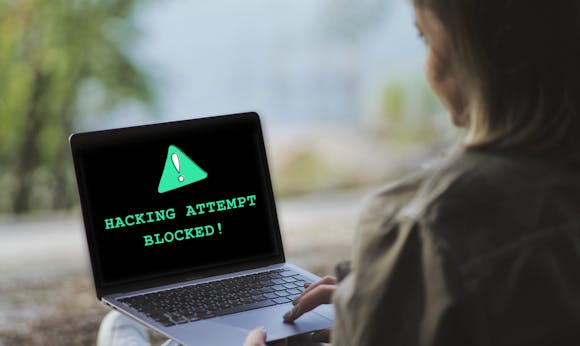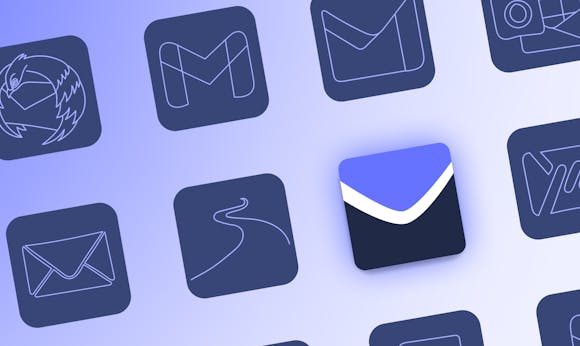
Why You Should Protect Your Emails
Why You Should Protect Your Emails
If you think email is losing its relevance, you couldn’t be more mistaken. Despite the growth of social media channels and new messaging services, email is still one of the most widely used forms of communication. In fact, more than half of the world’s population actively uses email.
The problem is that email is not as inherently safe as we think it is – especially when using a “free” email provider such as Gmail or Yahoo. Did you know that these services scan, analyze and save details of every single email you send and receive - even the most private ones?
On top of that, data breaches are at an all-time high and cybercriminals are constantly finding new ways to hack into accounts and compromise personal information. Do you really want to take that risk?
If you still need convincing, here are 4 reasons why you should protect your emails.
1. Your emails are not as private as you think
When you’re writing an email to a friend or family member from the safety of your home, it’s easy to think you’re doing so in complete privacy. But think of a regular email like sending a postcard – it leaves your sensitive data out in the open. As your message travels through the internet, crossing servers and possibly several different countries, anyone who helps deliver your email to the recipient can read your message or make a copy of it. So, by the time your email gets delivered, it could have been read by cybercriminals, identity thieves or even government agencies.
2. Your email inbox contains sensitive personal data
You may think you have nothing to hide, but what about all the personal and sensitive information you share via email? Do you really want a company and its many partners having access to things like emailed medical records, your travel plans, financial information, and private messages to friends? If your accountant attaches your tax return and sends it through his Hotmail account, now Microsoft has it too—along with your Social Security Number, income, and more.
3. Your email address provides access to other accounts
Unless you’re already taking privacy precautions, your email address is a huge part of your online identity and holds the key to many of your other accounts. While using your email address to sign into other web services might seem convenient, this practice can quickly become extremely dangerous. That’s because your email address is half your login. Think about social accounts like Twitter, or shopping sites like Amazon: cybercriminals can easily figure out what other accounts are associated with your email address and gain access to those too. If they already have your email address, the only thing they need to know is your password.
4. Your email address can make you a target for phishing scams
Knowing your email address gives cybercriminals many opportunities to take advantage of you. If your email address has been exposed in a data breach, you can expect the amount of junk mail you receive to your inbox to increase significantly. An easy way to know whether your mail has been affected by a breach is to visit haveibeenpwned.com and enter your email address. The site will tell you which of your accounts has been hacked and what data may have been compromised. For example, they could send you phishing emails, designed to trick you into passing on sensitive information, paying fake invoices, or downloading malware to your device.
If you want to protect your emails from prying eyes, start using an encrypted email provider like StartMail. You can protect your main email addresses by using our unlimited alias feature and generate a disposable email address for every service you use.
Sign up for a 7-day free trial on www.startmail.com to keep your email and personal information safe! If you have any technical questions about our product, please contact our Support team via [email protected]!
More from the blog


StartMail’s Alias Feature: The Best Way to Improve Your Privacy and Keep Your Inbox Uncluttered
Continue reading
A Brief History of Data Breaches
Continue reading
What Makes StartMail Different From Other Privacy Email Providers?
Continue reading